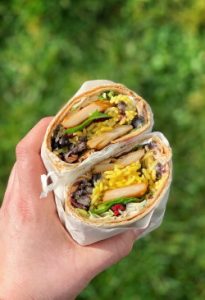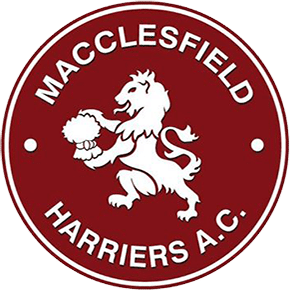Fuelling before training
Fuelling appropriately around and during training is one of the key factors that enables you to consistently complete your planned sessions week in and week out.
The energy your body needs to exercise comes mainly from metabolising a combination of carbohydrates and fats. This fuel is obtained from our body’s own stores and externally from consuming food or drinks during exercise. As mentioned in my “nutrition for performance” post it is essential that your diet provides enough overall energy from a variety of foods to meet your body’s demands. However a key nutrient to consider for performance is carbohydrate. Our body stores of carbohydrate (called glycogen) are small and when they become depleted exercise performance is compromised. This can happen due to not including carbohydrate-rich foods at meals, going for a long time without eating or skipping meals completely. Carbohydrate is a limiting fuel in prolonged training of more than 60 minutes, particularly at moderate to high intensities and when exercising for over 90 minutes at low intensity. Therefore, it is important to eat before you train to ensure your glycogen stores are topped up.


Start fuelled up
Fuelling around training is very individual as it will depend how often you train as well as the intensity and duration of your sessions. You also need to consider how generally active you are day to day. You can try different strategies of fuelling before training and see which works for you. You may find you can train harder or longer than previously, perform more consistently in training or that it helps you recover more quickly.
What you choose to eat or drink before exercise is likely to depend on the timing of your training relative to meals. If you are eating 2-4 hours before a session, make sure to include a starchy carbohydrate-rich food that gives a slow release of energy. Good examples include porridge, a sandwich or wrap or a light meal containing pasta, rice or potato. If you train early in the morning or longer than 4 hours after your last meal add in a high carbohydrate snack about 30 to 60 minutes before you start. This close to training you will need a food or drink that is easy to digest, some good options this close to exercise include a banana, slice toast & jam, dates, a fruit yoghurt, rice pudding or a glass of pure fruit juice.
Is there anything I should avoid?
How well you tolerate your pre-training meal or snack is very individual and will depend on factors such as how close you eat to training, what you choose to eat or drink and individual differences in how the gut reacts.
If eating less than 2-3 hours before exercise, keep it low fat and low fibre to speed up digestion. Experiment with different foods, quantities and timings. Practicing your pre-training nutrition strategies can help your gut adapt and tolerate food better when exercising.
Performance take away tip
Nutrition can help achieve consistency in training. During high intensity training such as a track, interval or hill rep sessions the body uses a high proportion of energy from carbohydrate and in prolonged exercise our glycogen stores are a limiting factor. In both instances poor fuelling can make you feel exhausted and drained, which affects performance. Fuelling before exercise means you start with a full tank!
Click here to see all the articles in the ‘Nutrition’ Series
Catherine Voyce
March 2022

